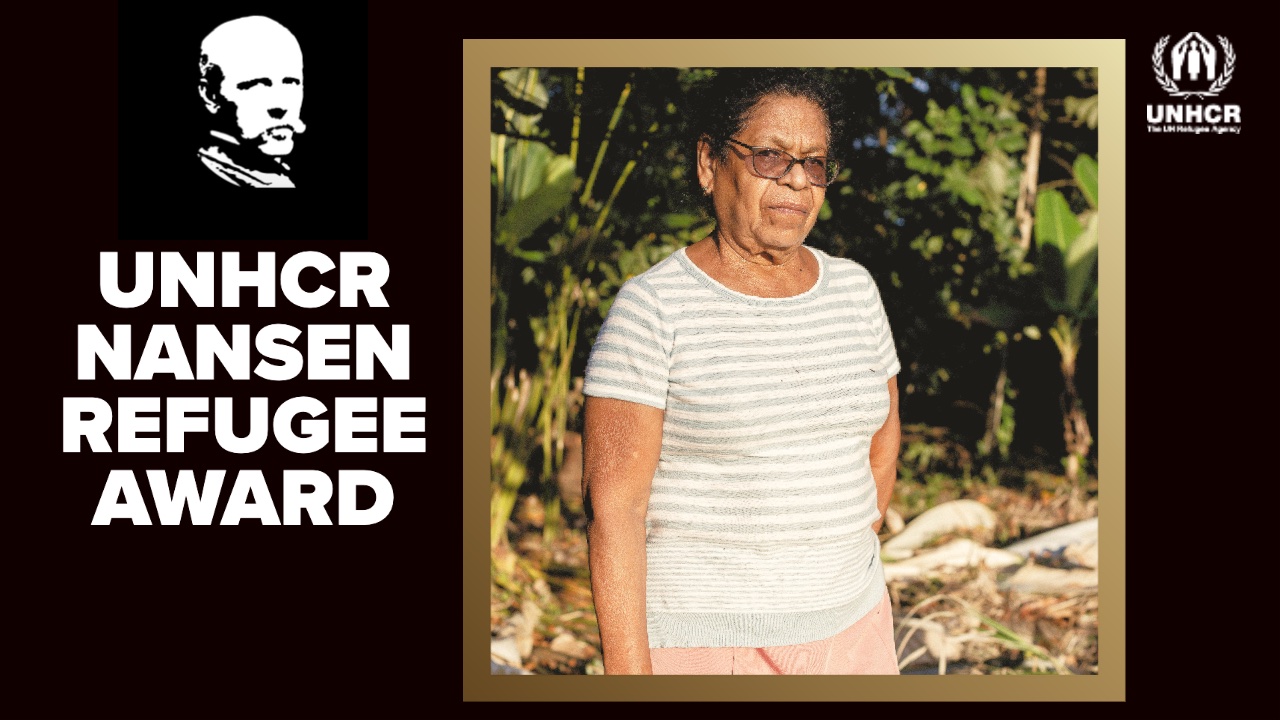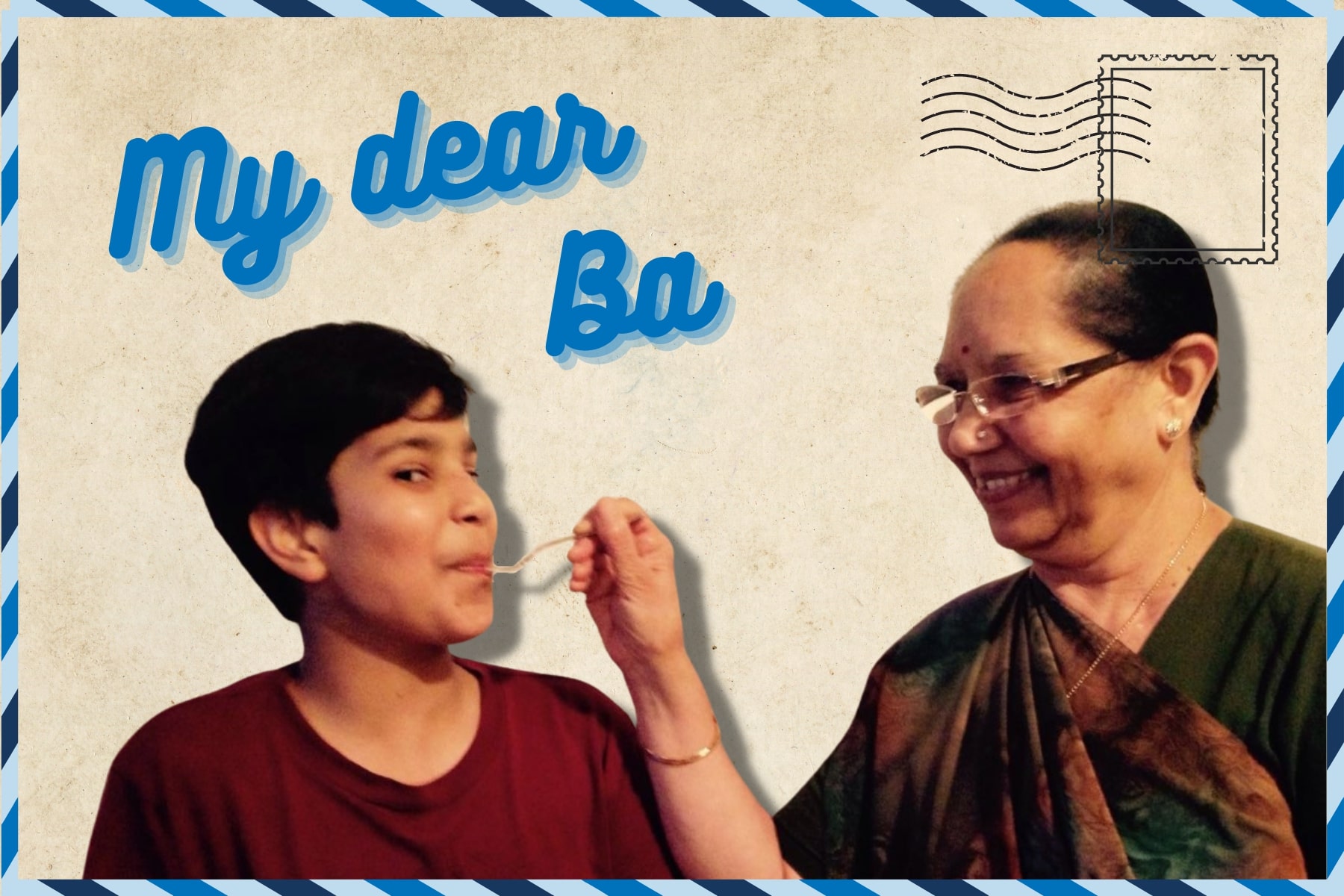Islanders Flee Fighting on Yemen's Coast

Islanders Flee Fighting on Yemen's Coast
When his seaside village in south-western Yemen came under attack earlier this month, Gamal* raced with his family to the local mosque. A ball of flames slowly spread across the horizon, destroying his home, and he knew that his life on Mayyun Island was over. "I collapsed when I saw it," he says, "like you would if it was your house."
Gamal had saved up for years, fishing from dawn until noon at the point where the Red Sea meets the Gulf of Aden, to buy a home for his wife and their growing family. When the sea was kind, he would sell his catch at the market and head home around 3 p.m. Then he'd relax and play with their baby girl before going back out on the water to fish for a few more hours.
This day was different, the day his family was caught in the crossfire of a deadly conflict in Yemen. They spent a sleepless night at the mosque. At dawn the next day, Gamal carried his eight-month-old daughter, Wafa, to the fishing boat and set sail for calmer waters.
"We had been hoping to go back to our normal lives, but when the bombs wouldn't stop and the rebels started arriving on the island, we knew we had to go," he says. "I just kept saying to myself, 'Thank God it wasn't us in that house.' We felt very sad but we thought it must be part of God's plan and He would compensate us."

The trip to neighbouring Djibouti nearly cost them their lives. Their small fishing boat came across a warship, which left after Gamal waved a white banner, and a helicopter that hovered menacingly above the boat's 22 squinting and terrified passengers.
Gamal was afraid of his family being killed. He feared what the seasickness, headaches and crashing waves would do to Wafa and his seven-month-old niece, Safa. After the sound of planes and explosions faded, a slow panic gripped Gamal as he sailed on cruel waters, into the unknown.
"When we glanced back at Mayyun, we longed to return, but we saw the bombs and knew we couldn't," he says. "I was scared of the bombs and the sea itself. My wife cannot swim, and we had no floats."
"I was scared of the bombs and the sea itself. My wife cannot swim, and we had no floats."
He also worried about how they would be treated in a foreign country, and what kind of life they could expect to lead. "Back home we were working, we were able to buy machines and have electricity for our homes," he says. "Now, we are worrying about going under the tents. It's very precarious, especially for the children."
Djibouti may only be hours from Yemen by boat, but the northern port town Obock, where refugees are given shelter in an empty orphanage and sports stadium while UNHCR builds tented camps, is a world away.
The arid landscape is a harsh place for city and island-dwellers. Even plants have a hard time growing here, forcing Djibouti to import about 98 per cent of its food. Even so, with a population of fewer than 900,000 people, it takes in more refugees per capita than almost every country in the world.

Gamal's sister-in-law, Najla, thought the family would never make it off Mayyun Island. She was preparing the evening meal, she says, when she felt "a very strong heat and everything shaking . . . I thought that this was it, that death was coming."
"We saw so much light and an explosion. I got scared and started screaming," she says, describing how attacks on a munitions factory turned the night sky white. "When we came out running, the planes were right above us exploding, and everywhere there was fire."
They sought refuge in the mosque. Nobody slept a wink that night, but Najla secretly hoped that when she stepped outside the next morning, she would wake from a bad dream and be able to walk back to her old life.
But the sleepy fishing village had been flattened. Flames had gobbled up the houses and turned other buildings into blackened husks. "It wasn't a good picture, and we lost all hope," Najla says.
"I thought that this was it, that death was coming."
Escaping by sea, they encountered new dangers. The crashing waves and complete lack of food over a 16-hour period meant "no one expected to be alive the next day."
The first wave of people arriving in Djibouti came mostly from the islands of Mayyun and Bab el-Mendap. But with the conflict spreading from four to 19 of Yemen's 22 governorates in recent weeks, including intense fighting in the port city of Aden, UNHCR is preparing to receive 30,000 refugees in Djibouti over the coming months.
The refugee agency is also planning for as many as 100,000 people to cross to Somalia from Yemen, which is home to at least 250,000 Somalis.
Gamal, Najla and their families have reached safety in Djibouti. But they long to return home to Yemen – and enter a new era of peace.
"I miss peace," Najla says, before turning to plant kisses on Safa's tiny button nose, causing squeals of delight.
* Names have been changed for protection reasons








